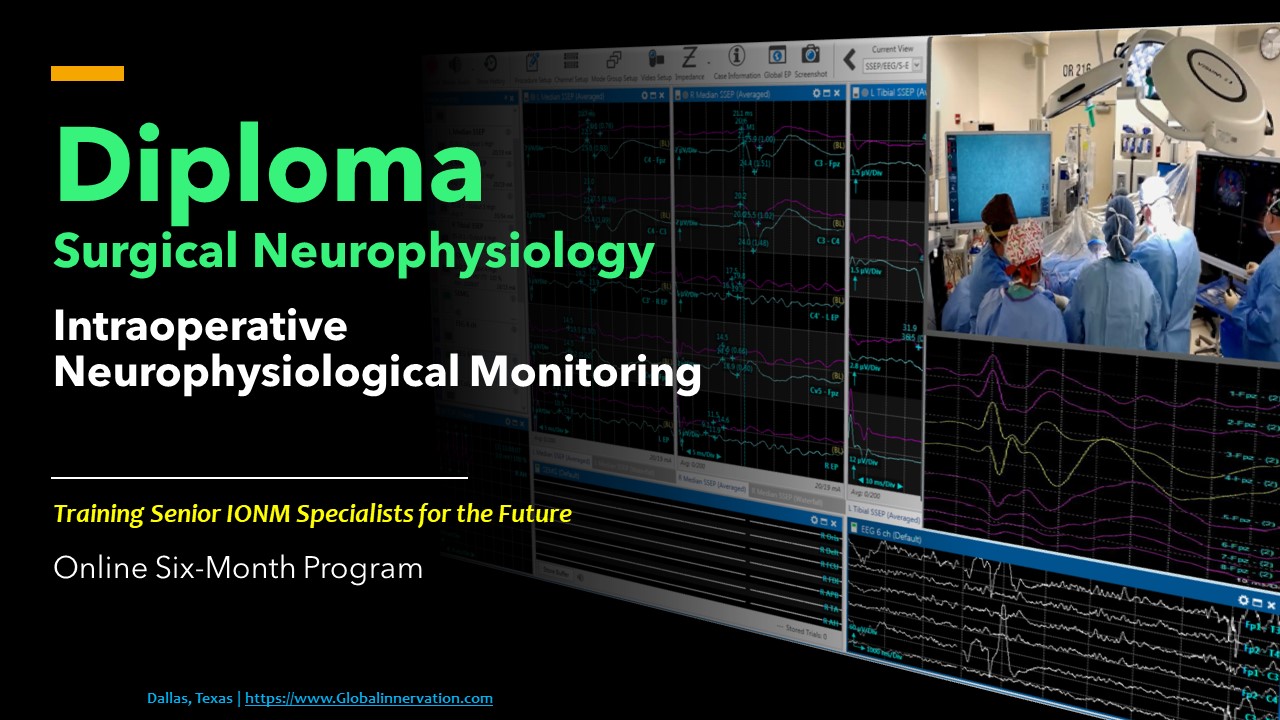Intraoperative Neurophysiological Monitoring for Cochlear Implant Surgeries
DOI:
https://doi.org/10.5281/zenodo.10724427Keywords:
Facial nerve, CN VII, cochlear implant, EMG, ABR, BAEP, ECochAbstract
Cochlear implant surgeries offer profound benefits for individuals with severe hearing loss. By bypassing damaged or nonfunctional parts of the inner ear, these implants restore access to sound, significantly improving speech comprehension and communication skills. Cochlear implants enable users to engage in conversations, enjoy music, and access environmental sounds. They also enhance overall quality of life, facilitating social integration and educational and employment opportunities. These surgically implanted devices are a game-changer for those without conventional hearing aids, providing a bridge to the auditory world and a chance for a more fulfilling and connected life.
References
House JR, Luxford WM. Facial nerve injury in cochlear implantation. Otolaryngol Head Neck Surg. 1993;109(6):1078-1082. doi:10.1177/019459989310900618
Olds MJ, Rowan PT, Isaacson JE, Silverstein H. Facial nerve monitoring among graduates of the Ear Research Foundation. Am J Otol. 1997;18(4):507-511.
Fayad JN, Wanna GB, Micheletto JN, Parisier SC. Facial nerve paralysis following cochlear implant surgery. Laryngoscope. 2003;113(8):1344-1346. doi:10.1097/00005537-200308000-00014
https://globalinnervation.blogspot.com/2023/10/intraoperative-neurophysiological.html
Downloads
Published
How to Cite
Issue
Section
License
Copyright (c) 2023 J of Neurophysiological Monitoring

This work is licensed under a Creative Commons Attribution 4.0 International License.





